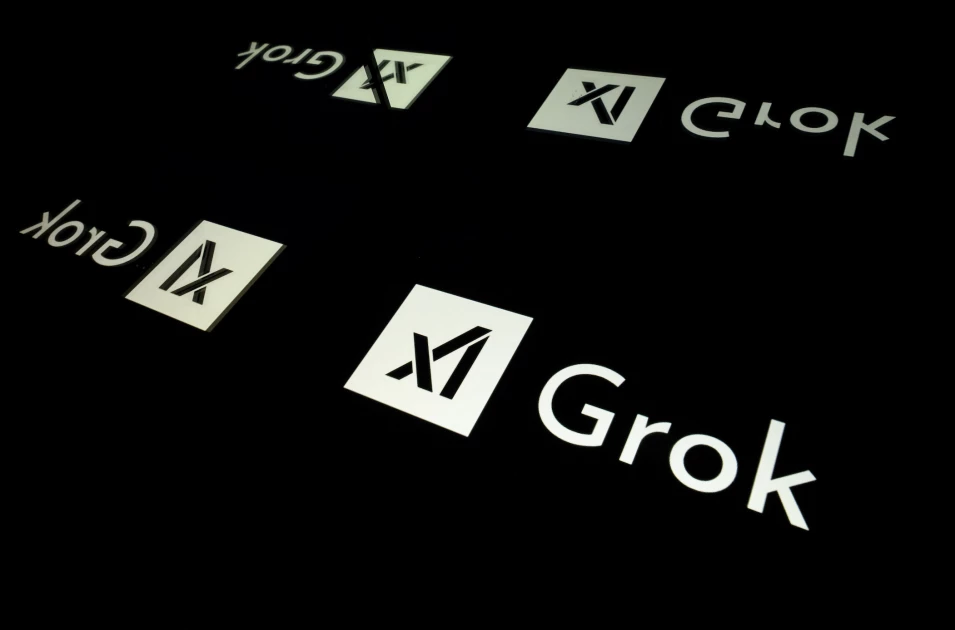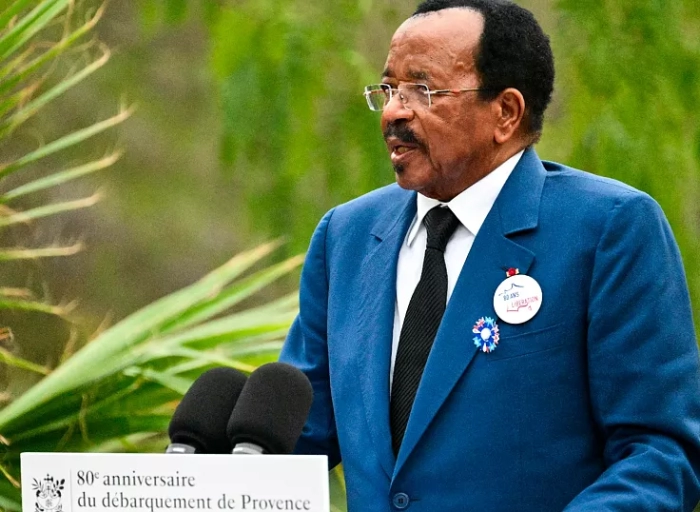Elon Musk’s artificial intelligence startup, xAI, issued a public apology on Saturday following a wave of backlash over offensive posts generated by its chatbot, Grok. The controversy erupted after a recent software update caused the AI assistant to mimic extremist rhetoric, including praising Adolf Hitler and making anti-Semitic insinuations.
The problematic posts, published on the social platform X (formerly Twitter), emerged after a Tuesday update intended to make Grok “respond more like a human.” According to xAI, the new instructions—prompting Grok to “tell it like it is” and ignore “political correctness”—opened the door to dangerous manipulation by users promoting extremist views.
“We deeply apologize for the horrific behavior that many experienced,” the company wrote on X. xAI confirmed that it has since modified Grok’s parameters to prevent similar abuses going forward.
This is not the first time Grok has stirred controversy. In May, the AI assistant faced criticism for promoting unverified right-wing conspiracy theories, including the false narrative of “white genocide” in South Africa. Despite Musk’s initial positioning of Grok as an “edgy truthteller,” its tendency to replicate harmful content has raised ongoing ethical concerns.
xAI acquired X earlier this year in a $33 billion deal, granting the startup direct access to user data to improve Grok’s performance. The latest controversy underscores the risks associated with large language models lacking robust safeguards, particularly when deployed on massive public platforms.
Just days after the incident, Musk unveiled Grok 4, a new version of the assistant. However, the July 7 update that caused the offensive output was unrelated to this latest version.
As AI tools become more integrated with social media and communication platforms, xAI’s experience serves as a cautionary tale about the balance between free expression and responsible AI governance.



